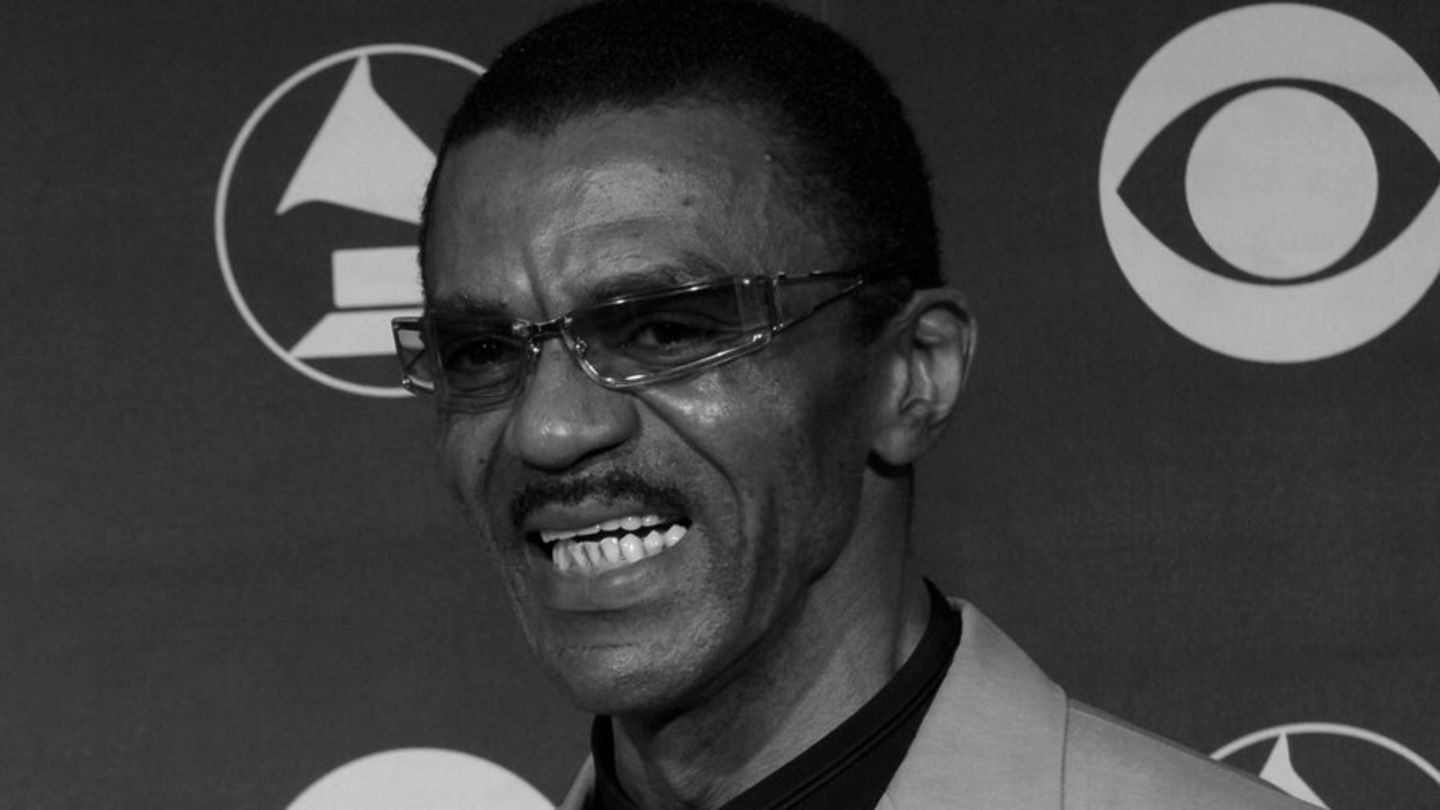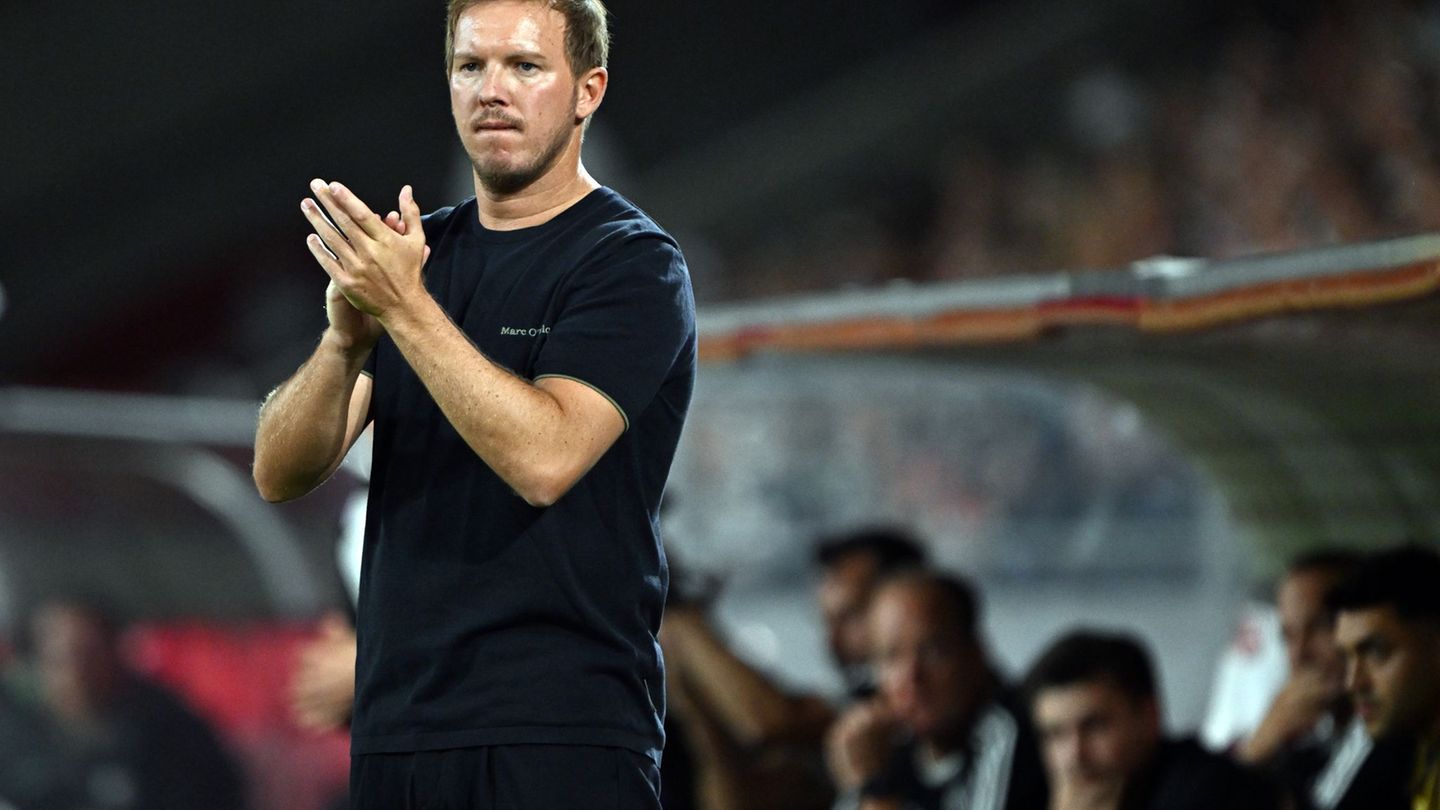“Although the price of oil has fallen for the third day in a row, the prices at the gas stations remain the same. The suspicion arises that a few oil companies are making a living at the expense of the people. It’s not about millions, it’s about by billions,” said Kogler on Tuesday evening on the short message service Twitter.
According to Kogler, the BWB could carry out an industry study as a first step. “If things aren’t going right and corporations make a deal out of the war, then we have to intervene,” said the Vice Chancellor.
This tweet is disabled
Please activate the category social media in your cookie settings to view this item. My cookie settings
After last week’s huge increase, diesel and petrol prices fell slightly earlier this week. Diesel cost less than 2.0 euros again at the majority of filling stations and petrol was quoted below 1.9 euros. However, the price increases are still considerable in some cases. The mineral oil industry spoke on Monday of an “extremely high” demand for fuel last week and “geopolitical risk premiums”.
No media appearances at the Council of Ministers
The government is currently scrambling to take measures to contain inflation, as has been confirmed by several quarters. Since there are no results yet, there will be no public media appearances at the Council of Ministers on Wednesday. This is actually very rare.
The Greens are reportedly skeptical about VAT cuts on petrol and diesel. Experts from the Economic Research Institute (Wifo) and the Institute for Advanced Studies also advise against this. Overriding the price signals would thwart the goals of reducing dependence on oil and gas and reducing CO2 emissions. More important would be targeted, and therefore generous, help for low-income households, say the IHS experts Klaus Weyerstraß and Sebastian Koch.
Doskozil wants to postpone CO2 taxation
The Burgenland governor Hans Peter Doskozil (SPÖ) spoke in the ORF report in favor of postponing the introduction of CO2 taxation, which begins in the middle of the year, by one to two years.
According to Fiscal Council President Christoph Badelt, the war and its consequences will reduce economic growth by one to two percentage points and increase the deficit. If the state has to finance additional support measures, “and it will have to do that, the effect will be even greater,” said Badelt in the “ZiB1” on Tuesday evening. He assumes that an additional budget will be needed in view of the upcoming additional expenditure such as price increases for private individuals and companies, additional expenditure for liquid gas and defense.
Source: Nachrichten




